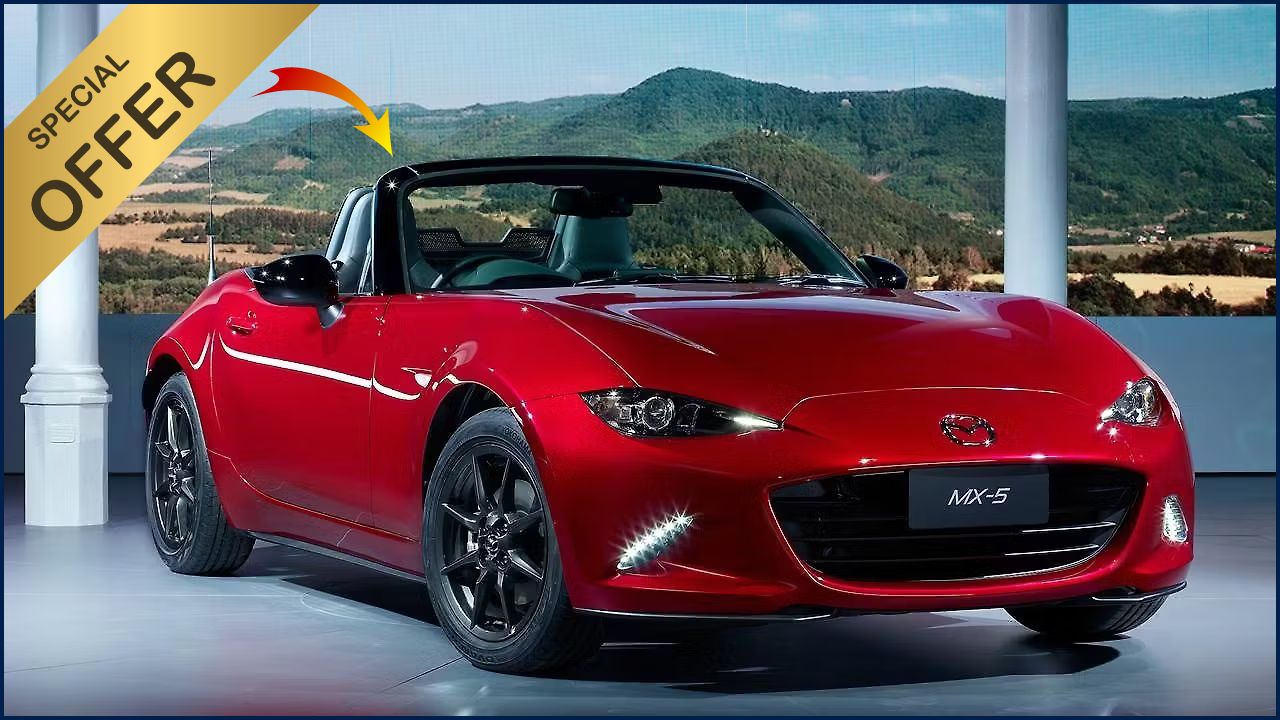India’s EV story is heating up, and Hyundai is stepping on the accelerator. After testing the waters with global EV imports, the company has now confirmed something big: Hyundai’s Made in India Compact EV Coming in 2027. This isn’t just another import tweaked for local needs—it’s being designed ground-up for Indian roads, traffic, and budgets. For Indian buyers who’ve been waiting for a more affordable, mass-market EV from a global giant, this could be a game-changer.

The announcement of Hyundai’s Made in India Compact EV Coming in 2027 is more than just another product reveal. It signals a clear shift in strategy. Hyundai is acknowledging that India’s EV adoption will soar only when global players create cars tuned for India’s unique challenges—price sensitivity, infrastructure limitations, and diverse driving needs.
Table of Contents
Hyundai’s Made in India Compact EV Coming in 2027
Hyundai is targeting one of the most competitive segments in India’s auto market with this upcoming EV. By 2027, the brand plans to roll out a compact electric SUV positioned below the Creta EV, designed specifically to meet the demands of cost-conscious yet aspirational Indian buyers. Built on the Hyundai-Kia K1 platform, this EV is expected to combine affordability with modern tech features, while keeping localisation at the core of its development. The result? A car that doesn’t just wear the Hyundai badge but feels truly Indian in its design, engineering, and value proposition.
Hyundai’s Made in India Compact EV
| Feature / Parameter | Expected Detail / Positioning |
|---|---|
| Launch year | 2027 |
| Segment | A+ segment compact electric SUV |
| Market role | Positioned below Hyundai Creta EV |
| Design philosophy | India-first, ground-up EV |
| Platform | Hyundai-Kia K1 platform (shared with Kia Syros) |
| Range (realistic) | Around 300 km in real-world conditions |
| Features (expected) | Connected car tech, digital cluster, six airbags |
| Localisation | High component sourcing from India |
| Strategic importance | Tapping mass EV market, stronger margins |
Background and Strategic Rationale
Hyundai has ambitious EV plans for India, and this 2027 launch sits at the heart of that roadmap. The company aims to bring six EVs to India by 2030, but this compact SUV is the first model that is being designed exclusively with Indian buyers in mind. Instead of modifying an existing global EV like the Kona Electric, Hyundai is developing this one locally to ensure better cost efficiency, higher localisation, and greater suitability for India’s road conditions.
By expanding its Pune plant capacity and investing in EV-focused R&D, Hyundai is betting that India can serve not only as a massive consumer market but also as an export hub for small EVs. This dual focus ensures economies of scale, which is vital for keeping prices in check.
Positioning and Competition
The upcoming compact EV will be slotted below the Creta EV, giving Hyundai a two-pronged strategy: one for premium EV buyers and one for the mass segment. The compact SUV will take on direct competition from Tata’s Punch EV and Nexon EV, as well as Mahindra’s upcoming mass-market models.
Globally, Hyundai sells the Inster, its smallest EV, but this new model won’t be a direct copy. Instead, it will draw inspiration in terms of size and efficiency while being fine-tuned to Indian conditions. The key differentiator for Hyundai will be its ability to deliver international-grade safety and tech at a price point Indians are willing to pay.
Technical & Feature Expectations
While final specifications are still under wraps, industry insiders expect:
- Range: Around 300 km in real-world driving, balancing cost and usability.
- Platform: Built on the Hyundai-Kia K1 platform, potentially sharing parts with Kia’s Syros EV.
- Features: A digital cockpit, connected car features, and advanced safety tech, with six airbags expected as standard.
- Battery & localisation: Sourcing from local partners to reduce costs and dependence on imports.
- Affordability: Hyundai will focus on delivering value, targeting the sweet spot between ₹10–15 lakh to compete directly with Tata’s EV range.
Challenges and Risks
Hyundai’s entry into the mass EV space won’t be without hurdles:
- Price vs Range Balance – Indian buyers want long range at low prices, a difficult equation with today’s battery costs.
- Charging Infrastructure – Despite government push, reliable fast-charging remains patchy in most cities.
- Local Competitors – Tata and Mahindra already have an edge with early launches and local supply chains.
- Execution Risks – Any delay in localisation or supply partnerships could push up costs or impact timelines.
What Hyundai Must Do to Win
For Hyundai’s Made in India Compact EV Coming in 2027 to truly succeed, the company must:
- Double down on localisation, including battery packs and electronics.
- Price it aggressively, ensuring value for money without compromising on safety.
- Offer innovative financing or subscription models to make EV ownership easier.
- Collaborate on charging infrastructure, perhaps through joint ventures.
- Keep software and connectivity as differentiators to stand out in a crowded segment.
Outlook and Significance
The launch of Hyundai’s Made in India Compact EV Coming in 2027 will mark a turning point. It shows that global automakers now view India not only as a big market but also as a design and manufacturing hub for future EVs. If Hyundai can strike the right balance of affordability, safety, and features, this compact SUV could accelerate EV adoption in India significantly.
With Tata and Mahindra already dominating the EV charts, Hyundai’s upcoming model has the potential to shake things up and give Indian consumers a strong, globally trusted alternative in the sub-₹15 lakh EV space.
2026 Renault Duster Spotted in Bengaluru – New Design Details Revealed
Tata Ace Gold+ Launched – Major Update Means No DEF Needed Anymore
FAQs About Hyundai’s Made in India Compact EV
1. Is Hyundai’s Made in India Compact EV Coming in 2027 affordable for the average buyer?
While pricing hasn’t been confirmed, industry buzz suggests Hyundai will aim to keep it in the ₹10–15 lakh range, making it more accessible than premium EVs.
2. What range can we expect from Hyundai’s Made in India Compact EV Coming in 2027?
The car is expected to offer around 300 km in real-world conditions, striking a balance between affordability and practicality.
3. How will this EV compete with Tata and Mahindra?
Hyundai plans to differentiate itself with international-grade safety standards, advanced features, and a trusted brand image, while keeping the price competitive.
4. Is whey or plant protein better for muscle growth?
Both can support muscle growth. Whey protein is absorbed faster and has a complete amino acid profile, while plant protein is a great option for vegans or those with lactose intolerance.
5. Will Hyundai’s Made in India Compact EV Coming in 2027 be exported?
Yes, Hyundai has hinted at using India as an export hub, so this compact EV may reach other emerging markets as well.

















